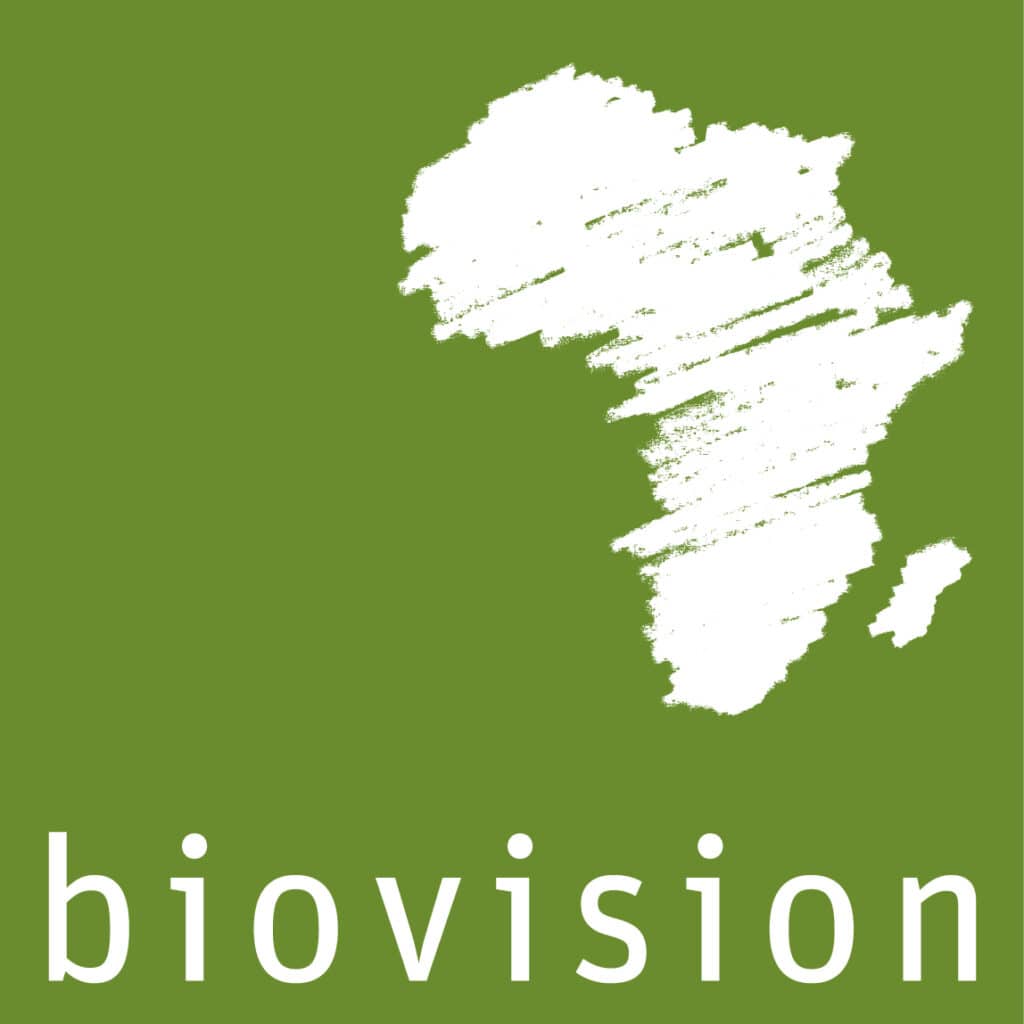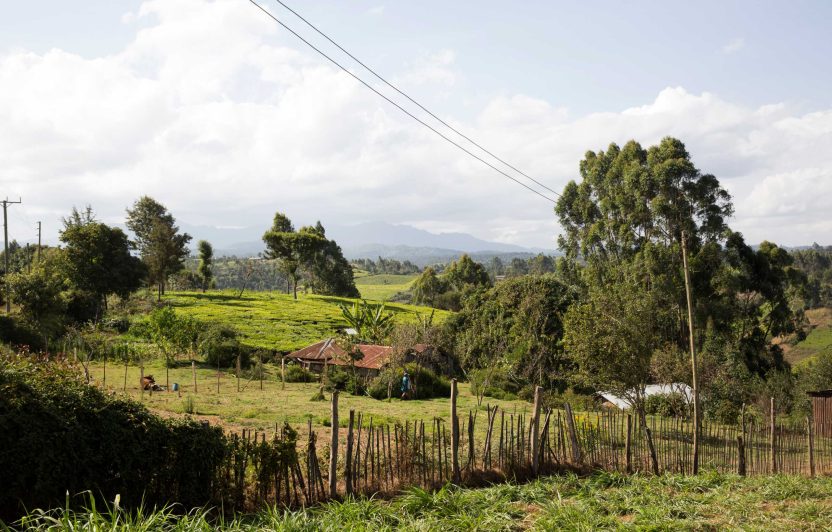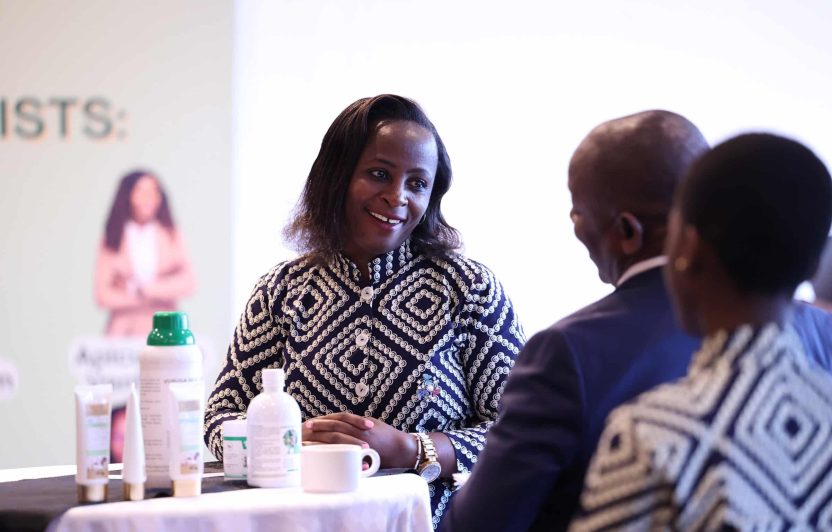Impact to date: coaching and feedback
The results of the first project phase are very promising. Not only were five radio stations professionally coached for three years and supported in creating hundreds of high-quality radio programmes about sustainable agriculture – over 80 groups of farmers were also given a GPS radio equipped with a recording device. The groups have been able to provide important inputs and comments to make the radio programmes even better and more efficient, and they can continue to do so . In a survey, over two million people stated that they had been made aware of agroecological farming methods.
One particularly effective element of the project are the so-called On-Air Dialogues (OADs), where listeners can ask questions and interact directly with the programme team. In addition, surveys are used regularly to assess behavioural change among listeners. Community Listening Groups – groups of farmers who meet to listen to and discuss the broadcasts together – are also a key part of the approach. They explore how the content can be applied to their own farming practices.






